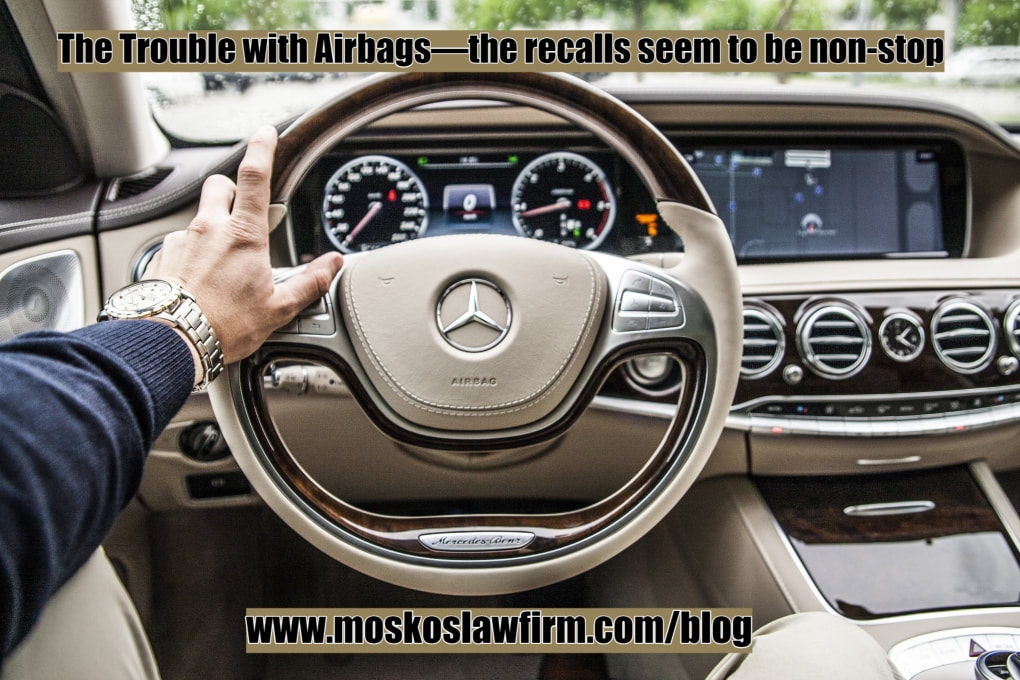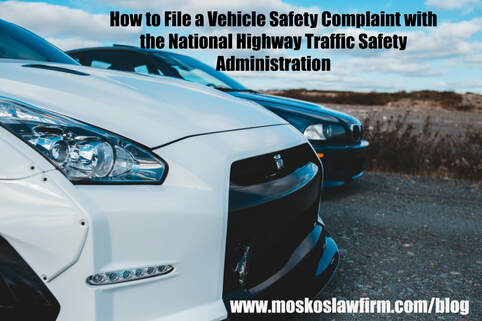When a car manufacturer discovers a safety problem on their vehicle, they start an investigation into the issue. If the problem is serious, they may even stop production of any models that could be affected. Once a solution to the issue is developed, the manufacturer issues a recall for any models that have been affected by the faulty part or programming.
The manufacturer will send out notices to all owners of vehicles with a VIN (Vehicle Identification Number) that could be affected. Recalls are mandatory and must be completed by a registered dealer of that make and model of car. Recalls are free to owners.
Manufacturers track warranty claims. When a common problem surfaces, the manufacturer will usually investigate the problem. Once the manufacturer discovers a solution, the repair procedure is posted as a technical service bulletin.
These service bulletins are a good place for mechanics to start the diagnostic process when someone brings a vehicle to them with a problem.
Technical service bulletins are issued for non-safety issues. They are voluntary and are not free to car owners. However, the problem may be covered under your car’s warranty, or the manufacturer may open a special warranty period for the problem. In these cases, your repairs will be free of charge.
You can take your vehicle to a local dealer’s service center where they will look up your car’s vehicle identification number and determine if your vehicle has any outstanding recalls, but this may require a service appointment and may cost you.
You can also find recalls and some technical service bulletins online. Many car forum sites offer this information from people who share what they have learned. You can also check the manufacturer’s website or the National Highway Transportation Safety Administration (NHTSA) website.


 RSS Feed
RSS Feed